Blog
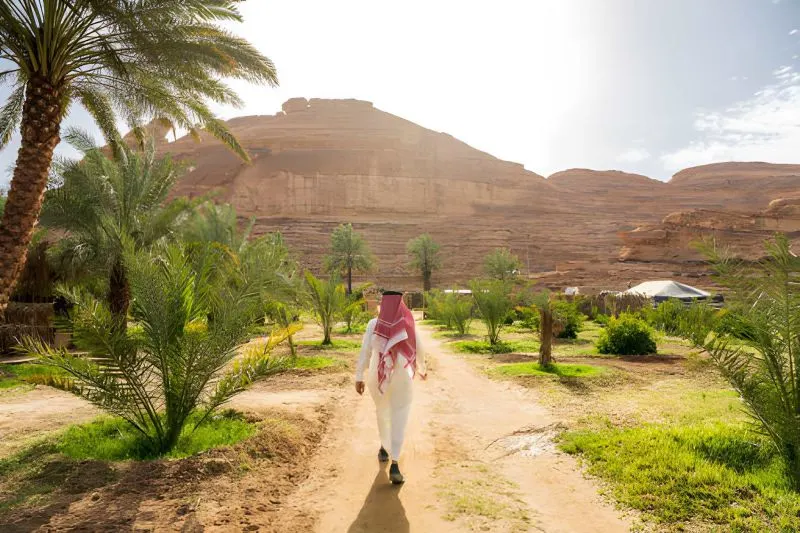
Oases In Saudi Arabia
Oases in Saudi Arabia: where to go, palm-shaded trails, historic villages, swimming rules, and how to visit sustainably.

Caves In Saudi Arabia
Caves in Saudi Arabia: accessible caverns, safety, gear, guided tours, and geology highlights across the lava fields and deserts.

Adventure Parks Saudi
Adventure parks in Saudi: ziplines, coasters, climbing, water fun, age limits, tickets, and safety tips for families.

Golf In Saudi Arabia
Golf in Saudi Arabia: best courses, green fees, seasons, tee-time tips, and resort stays for a polished golf getaway.

Saudi Sports Culture
Saudi sports culture: popular games, major events, fan etiquette, and where to catch matches during your trip.

Jeddah Art Scene
Jeddah art scene: galleries, murals, festivals, neighborhoods, and tips to explore exhibitions and public art respectfully.
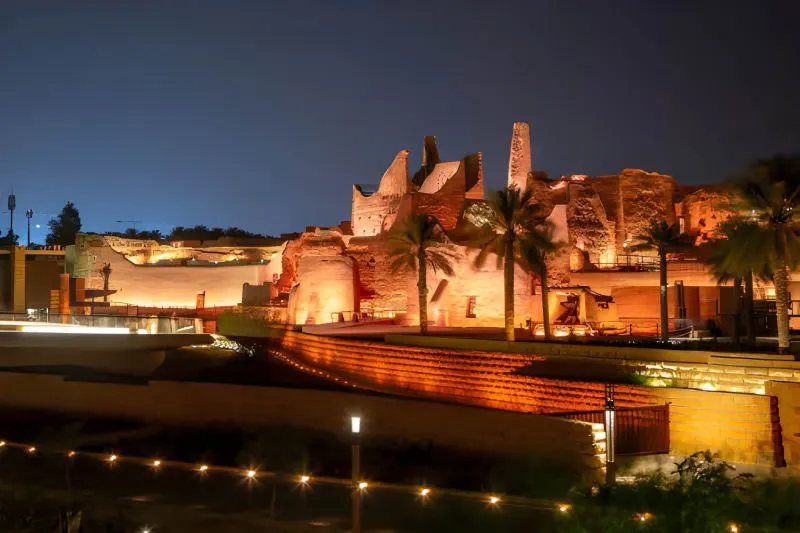
Riyadh Museums
Riyadh museums: top collections, new openings, tickets, hours, and how to plan a culture-rich day across the city.

Wildlife Reserves Saudi
Wildlife reserves in Saudi Arabia: key parks, species to spot, best seasons, access rules, and responsible viewing tips.

Camping Rules Saudi
Camping rules in Saudi Arabia: permits, protected areas, safety, fire guidelines, and Leave No Trace advice for ethical trips.

Saudi Tea Culture
Saudi tea culture: styles, serving etiquette, cafés, and pairings with sweets—how to enjoy a soothing local ritual.
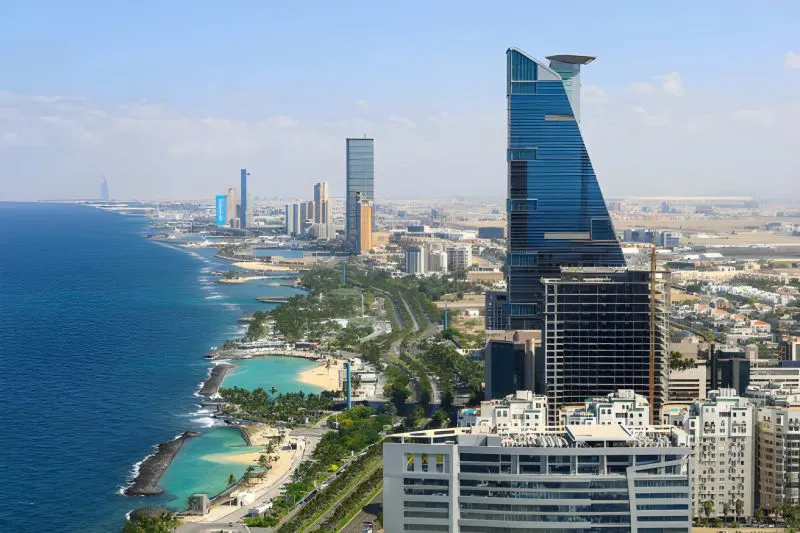
Best Beaches Saudi Arabia
Best beaches in Saudi Arabia: top Red Sea spots, family areas, snorkeling access, facilities, and when to go for calm seas and clear water.

Ramadan In Saudi Arabia: What To Expect
Ramadan in Saudi Arabia: what to expect for hours, dining, etiquette, events, and tips to plan sightseeing and meals during the holy month.

What To Wear In Saudi Arabia
What to wear in Saudi Arabia: dress code by city and setting, modesty tips, packing list, seasonal fabrics, and how to stay comfortable and respectful.
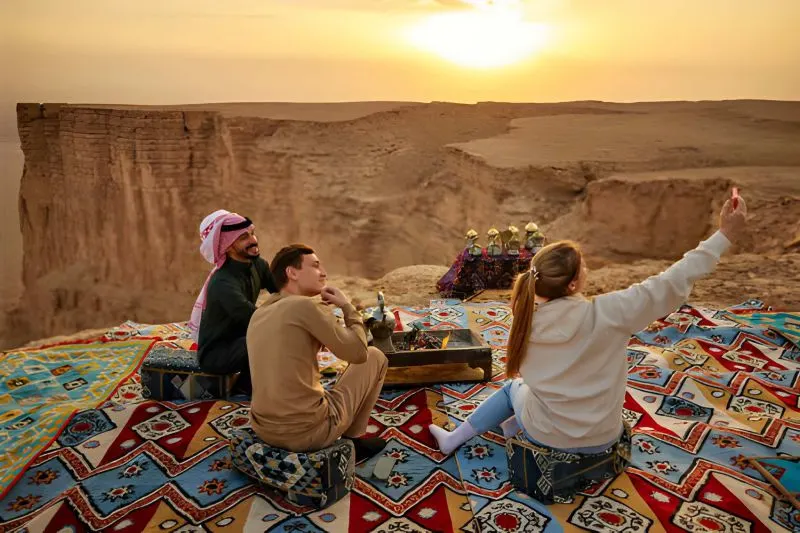
Family Travel In Saudi Arabia: What To Know
Family travel in Saudi Arabia: kid-friendly attractions, safe areas, transport tips, dining, prayer-time planning, and itinerary ideas for all ages.
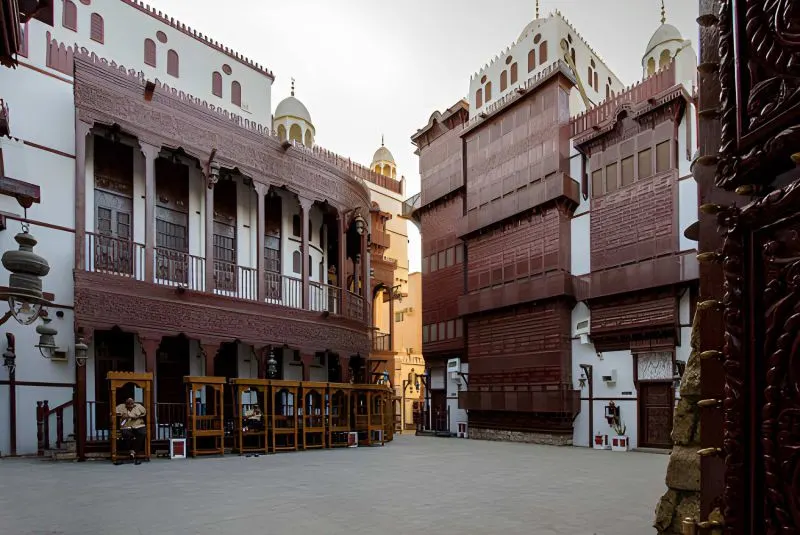
Luxury Travel In Saudi Arabia
Luxury travel in Saudi Arabia: five-star stays, private tours, fine dining, spas, and exclusive experiences across Riyadh, Jeddah, AlUla, and the Red Sea.
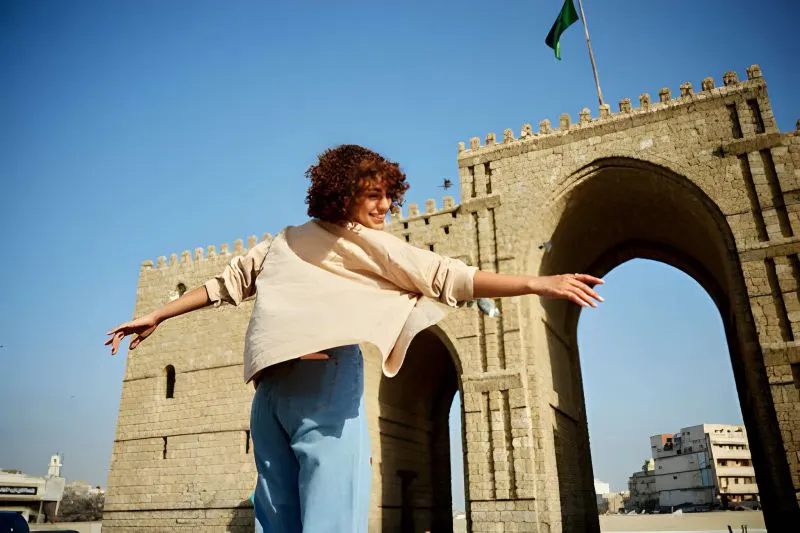
Saudi Arabia On A Budget: Money-Saving Tips
Saudi Arabia on a budget: save on flights, hotels, transport, food, and activities with practical hacks, free sights, passes, and smart booking tactics.

Best Time To Visit Saudi Arabia
Best time to visit Saudi Arabia: month-by-month weather, festivals, peak seasons, and crowd-beating strategies to find the ideal window for your trip.
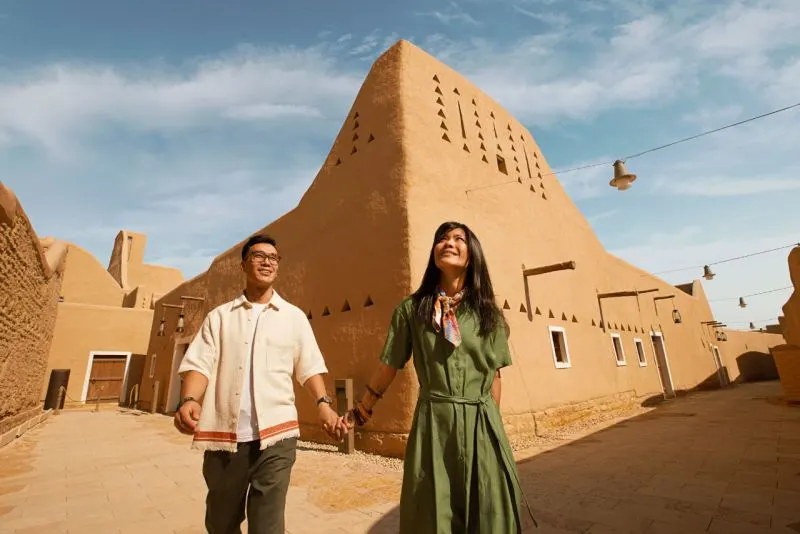
Saudi Arabia Itinerary
Saudi Arabia itinerary ideas: 3–10 day routes covering Riyadh, Jeddah, AlUla, Taif, and Abha—highlights, pacing, and planning tips for every travel style.

Best Ways To Get Around Saudi Arabia
Best ways to get around Saudi Arabia: flights, trains, car rentals, taxis, apps, and driving rules—choose the right transport for your route and budget.

How Is The Climate In Saudi Arabia?
How is the climate in Saudi Arabia? Seasonal weather by region, temperatures, sandstorms, rain patterns, and packing tips to time your visit right.

What Are The Latest Archaeological Discoveries In Saudi?
What are the latest archaeological discoveries in Saudi? Explore new finds, museum highlights, site access, and why they matter for travelers and history lovers.

Top Things To Do In Saudi Arabia
Top things to do in Saudi Arabia: from Red Sea beaches to desert edges, heritage sites, museums, food tours, and outdoor adventures—plan your perfect trip.
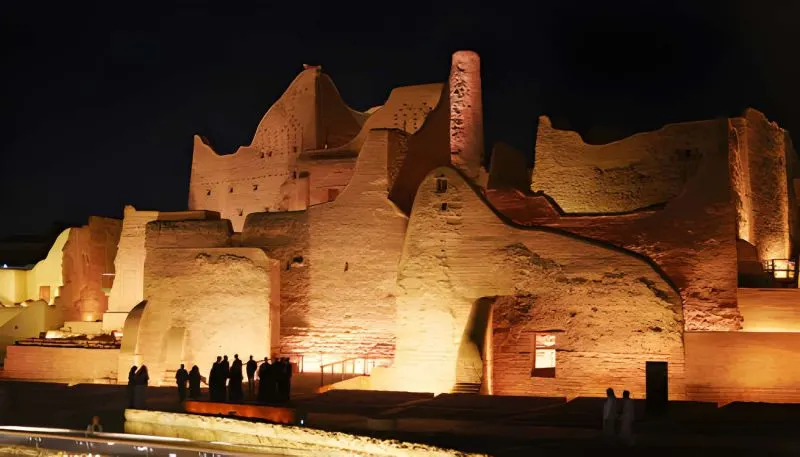
Palaces Of Saudi Arabia
Palaces of Saudi Arabia: history, architecture, must-see royal residences, visiting tips, opening hours, and how to add them to your itinerary.

What Is The Currency Of Saudi Arabia?
What is the currency of Saudi Arabia? Learn SAR basics, exchange tips, cards vs cash, ATMs, tipping norms, and costs so you can budget and pay with ease.

Saudi Desserts You Must Try
Saudi desserts you must try: kunafa, luqaimat, maamoul, date pastries, and more—where to find the best sweets and how to order like a local.
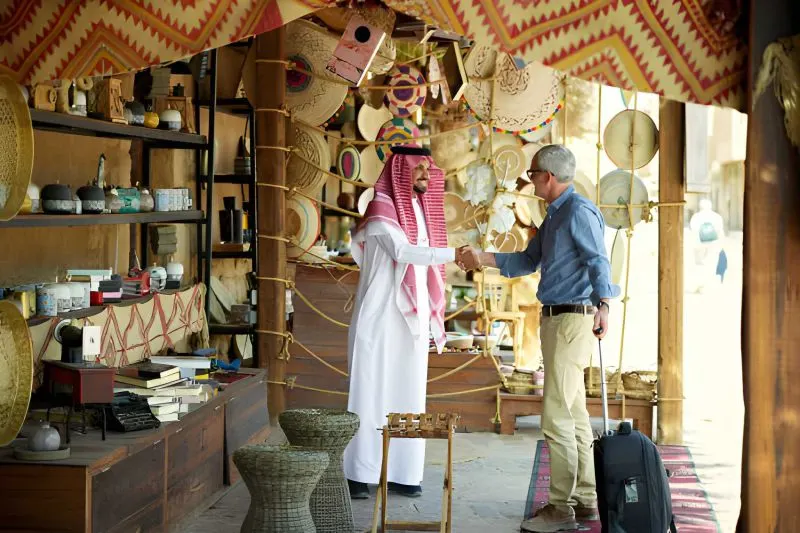
Things To Buy In Saudi Arabia
Things to buy in Saudi Arabia: dates, coffee sets, spices, perfumes, crafts, carpets, gold, and smart bargaining tips to shop authentic souvenirs with confidence.

Best Cities To Visit In Saudi Arabia
Best cities to visit in Saudi Arabia: Riyadh, Jeddah, AlUla, Abha, Taif and more—top sights, vibes, and trip ideas to help you choose where to go first.
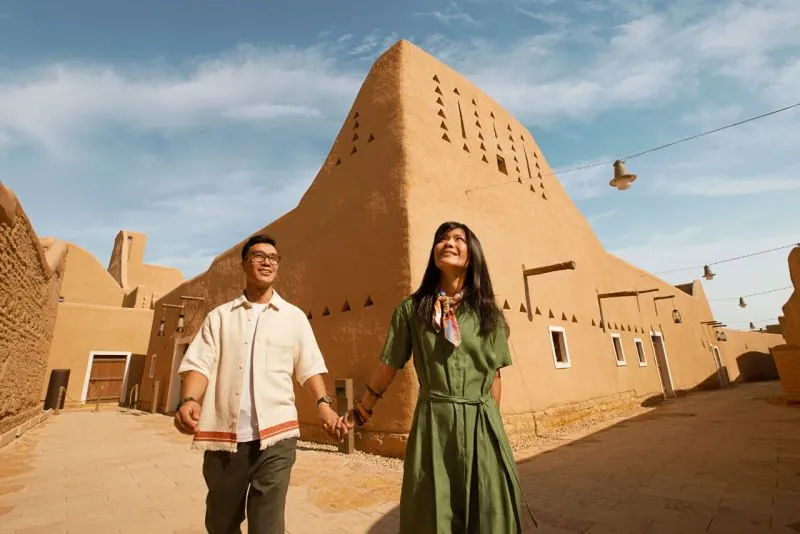
Is Travel In Saudi Arabia Safe?
Is travel in Saudi Arabia safe? Get up-to-date safety advice, areas to avoid, transport tips, health guidance, and cultural norms to enjoy a respectful, worry-free visit.

Saudi Holidays And Traditions
Saudi holidays and traditions: Ramadan, Eid, festivals, etiquette, opening hours, and travel tips to plan respectfully around cultural events and seasonal celebrations.
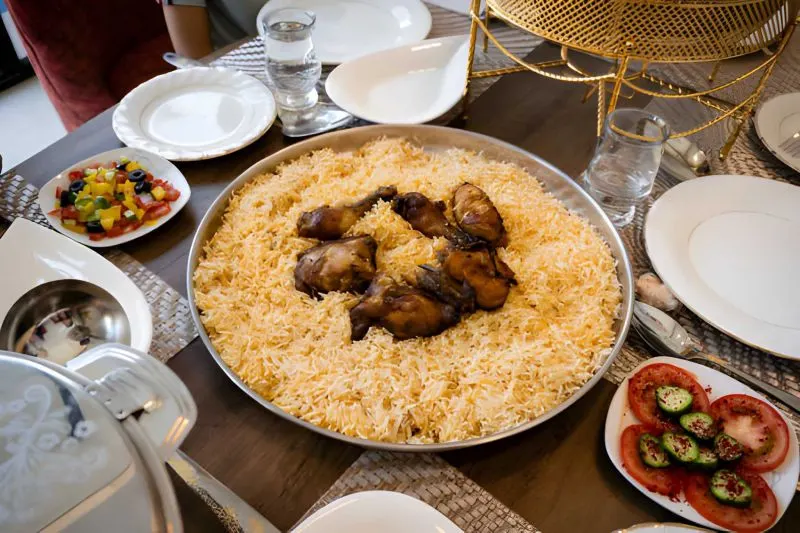
Traditional Dishes In Saudi Arabia
Traditional dishes in Saudi Arabia: must-try foods, regional specialties, where to eat, dining etiquette, and tips for vegetarian or spicy-food lovers exploring local cuisine.
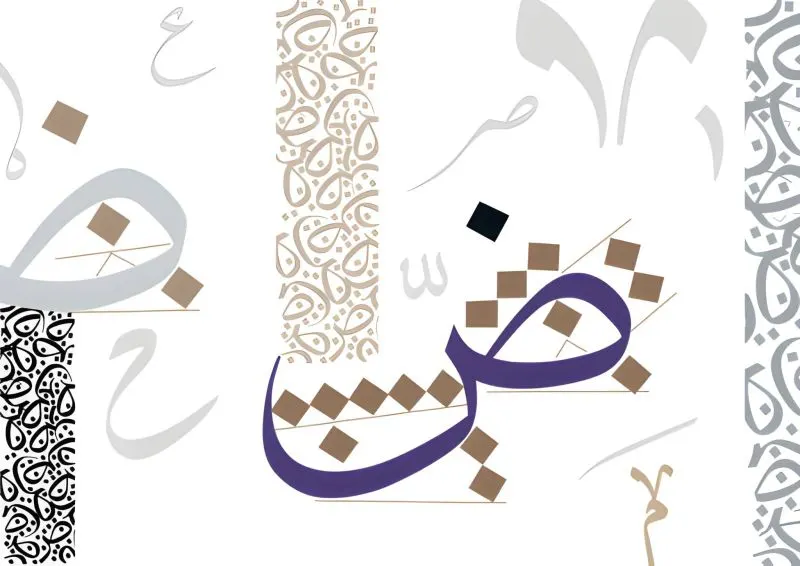
What Language Is Spoken In Saudi Arabia?
What language is spoken in Saudi Arabia? Understand Arabic dialects, English usage, key phrases, signage, and apps to communicate better with locals during your trip.

Saudi Arabia Travel Tips For First-Timers
Saudi Arabia travel tips for first-timers: money, dress code, transport, safety, local etiquette, connectivity, and must-see highlights to make your first visit easy and amazing.

Why Travel To Saudi Arabia?
Why travel to Saudi Arabia? Because this fascinating kingdom offers a rare blend of ancient heritage, breathtaking landscapes, and futuristic cities that are redefining modern travel. For decades, Saudi Arabia was a destination shrouded in mystery, accessible mostly to pilgrims and a select number of business travelers. Today, under its ambitious Vision 2030, the country has opened its doors wide to global visitors, offering a kaleidoscope of experiences for adventurers, culture seekers, and luxury travelers alike. Imagine exploring ancient tombs in AlUla, diving in the Red Sea’s coral reefs, wandering through bustling souqs, or savoring traditional Saudi cuisine in a centuries-old village. Saudi Arabia is no longer just the heart of the Islamic world—it’s a vibrant destination where history meets innovation, and where every traveler can find something extraordinary.

Inside Trump’s 2025 Saudi Visit
On May 13, 2025, President Donald Trump visited Saudi Arabia, strengthening economic partnerships and experiencing the Kingdom’s rich heritage with a brief tour of the historic city of Diriyah. This visit highlights Saudi Arabia’s growing appeal as a prime destination for American tourists and global investors alike.

What is Saudi Tourism?
What is Saudi Tourism , In recent years, Saudi Arabia has become one of the most talked-about emerging travel destinations in the world. With sweeping reforms, ambitious mega-projects

Why Visit Saudi Arabia?
Why Visit Saudi Arabia , Saudi Arabia, once a land shrouded in mystery and reserved mainly for religious pilgrims, is now emerging as one of the most exciting and culturally rich travel destinations in the world

Tour Saudi Arabia
Tour Saudi Arabia , Once considered a land of mystery and limited access, Saudi Arabia is now emerging as one of the most captivating destinations for travelers seeking authenticity, culture, and adventure. A Saudi Arabia tour is unlike any other journey

European Tour Golf Leaderboard Saudi Arabia
European Tour Golf Leaderboard Saudi Arabia , In recent years, Saudi Arabia has rapidly become a significant player in the global golf scene. As part of its broader Vision 2030 initiative to diversify its economy and boost tourism, the Kingdom has welcome

Visit Saudi
Visit Saudi , If you’re looking for a destination that offers rich culture, breathtaking landscapes, and a unique blend of tradition and modernity, Visit Saudi should be at the top of your list. In recent years, Saudi Arabia has positioned itself as a mus

Travel Visa for Saudi Arabia
Travel Visa for Saudi Arabia , has become increasingly popular in recent years, especially after the country opened its doors to international tourists with the introduction of the eVisa system. Whether you are visiting for business, tourism, or religious

Saudi Visit Visa Charges
Saudi Visit Visa Charges , Traveling to Saudi Arabia has become increasingly popular, especially after the country opened its doors to international tourists with its new visa policies. Understanding the Saudi visit visa charges is crucial for anyone plan

Saudi Arabia Vacation Days
Saudi Arabia Vacation Days , Planning your Saudi Arabia Vacation Days carefully can make all the difference between a good trip and a great one. With a wide range of attractions and experiences, Saudi Arabia offers incredible ways to spend your vacation

Logo Visit Saudi
Logo Visit Saudi , The "Visit Saudi" logo is more than just a visual emblem; it represents a significant shift in Saudi Arabia’s approach to international tourism. As the Kingdom opens its doors to the world, this logo serves as a vibrant invitation to ex

Visit Visa Insurance Saudi Arabia
The following guide explains everything you need to know about Visit Visa Insurance for Saudi Arabia, including coverage, costs, application methods, and key considerations.

Saudi Arabia Travel Information
Saudi Arabia Travel Information , Saudi Arabia is quickly becoming one of the most sought-after destinations for travelers around the worl

Saudi Arabia Travel Guide
Saudi Arabia Travel Guide , a land of ancient history and modern marvels, has opened its doors to international tourists like never before. With its diverse landscapes,

Places to Visit in Saudi Arabia
Places to Visit in Saudi Arabia , Saudi Arabia, a land of ancient civilizations, breathtaking landscapes, and vibrant culture, is quickly emerging as one of the most exciting travel destinations in the world.

Crown Prince Mohammed bin Salman Hosts Italian Prime Minister in AlUla's Winter Camp
Discover Saudi Arabia's growing appeal as a destination for Italian tourists. From AlUla's ancient wonders to Saudi Arabia's Vision 2030, the Kingdom is redefining itself as a global hub for culture, history, and adventure.
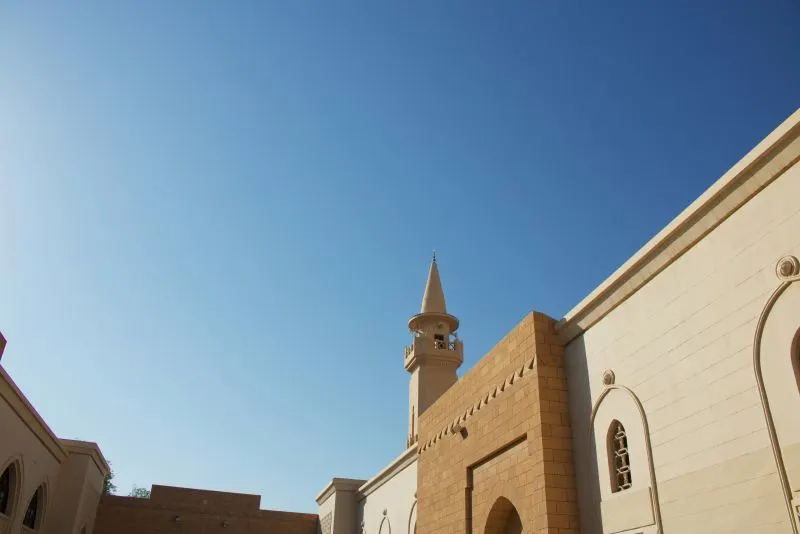
Riyadh’s Hidden Gems: Lesser-Known Attractions Worth Exploring
While Riyadh is famous for its iconic landmarks like the Kingdom Centre Tower and the National Museum, there are many lesser-known attractions that offer unique experiences and insights into the city’s rich culture and history. These hidden gems provide a

Riyadh Cuisine: A Journey Through Tradition and Modern Flavors
Close your eyes and imagine the aroma of slow-cooked spices wafting through the air, the sizzle of fresh kababs on the grill, and the gentle murmur of conversations over steaming cups of Arabic coffee. Welcome to Riyadh, where every bite tells a story.

Wadi Lajb: Saudi Arabia’s Hidden Gem of Natural Beauty
Discover Wadi Lajb, a stunning canyon in the Asir region, perfect for hiking, swimming, and soaking in Saudi Arabia’s natural beauty.

Visit Al Madinah Al Munawwarah
Visit Al Madinah Al Munawwarah, the second holiest city in Islam. Discover the Prophet’s Mosque, Quba Mosque, and historic sites like Uhud Mountain. Explore Medina’s rich history, culture, and modern comforts for a truly spiritual journey.

Explore Mecca
Explore Mecca, the heart of Islam. Visit the Masjid al-Haram, home of the Kaaba, and experience the city’s rich history, spiritual energy, and modern luxury. Plan your Mecca travel for a memorable and transformative journey.

Explore the Beauty of Abha
Discover Abha, Saudi Arabia’s cool-weather escape. Explore stunning landscapes like Al-Soudah and Asir National Park, immerse yourself in cultural gems like Shada Palace, and enjoy adventures like hiking and paragliding. Plan your Abha travel today

Discover the wonders of Al Ula
Discover the wonders of AlUla, Saudi Arabia’s hidden gem. Explore ancient sites like Hegra, stunning natural landmarks like Elephant Rock, and enjoy cultural experiences at Maraya. Plan your ultimate AlUla travel adventure with luxurious resorts

Explore the Best of Jeddah
Explore the Best of Jeddah: Your Ultimate Travel Guide

Discover the Magic of Riyadh, A Blend of History and Modernity
A Blend of History and Modernity




